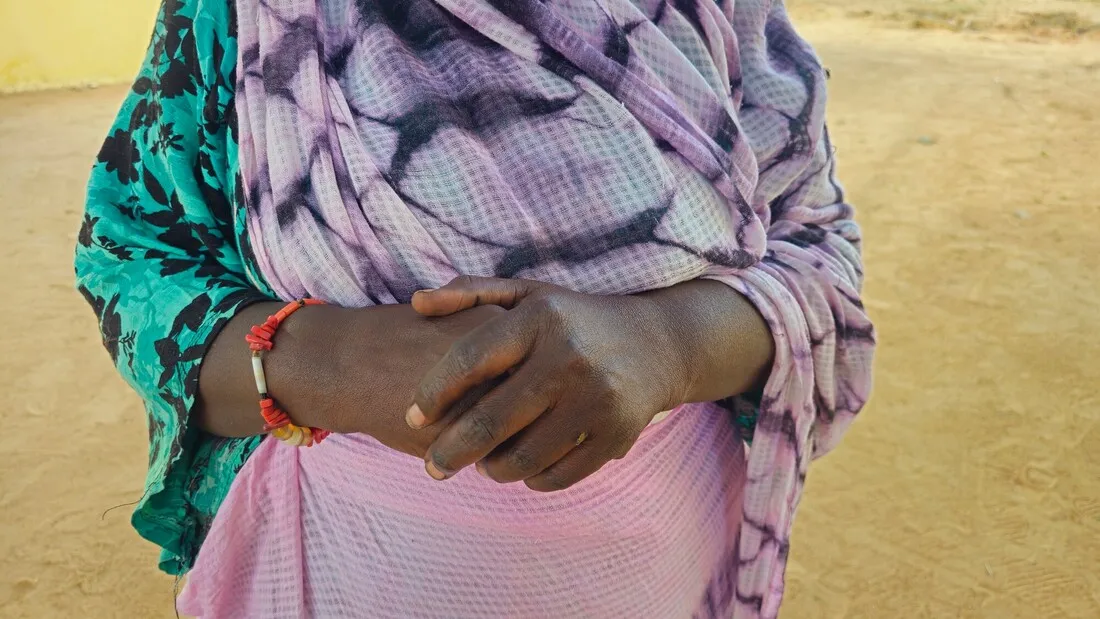Domestic violence does not discriminate. Anyone can be a victim — or perpetrator — of domestic violence. It can happen to people who are married, living together or who are dating. It affects people of all socioeconomic backgrounds and education levels.
Domestic violence includes behaviors that hurt a partner physically, make them afraid, stop them from doing what they want, or force them to do things they don’t want to do. It can include physical and sexual violence, threats, intimidation, emotional abuse, and controlling money or resources. Often, several of these types of abuse happen at the same time in a relationship.
According to the CDC, domestic violence is common. It affects millions of people in the United States each year.
- About one in four women and nearly one in 10 men have experienced sexual violence that involves physical contact, physical violence, and/or stalking by an intimate partner during their lifetime and reported experiencing effects from this abuse.
- Over 43 million women and 38 million men experienced psychological aggression by an intimate partner in their lifetime.
Domestic violence is a serious public health issue that affects individuals and society in many ways.
- About 41% of women and 14% of men who survive domestic violence suffer physical injuries, and in some cases, IPV can lead to death.
- U.S. crime data shows that 16% (about one in six) of homicide victims are killed by an intimate partner. Nearly half of female homicide victims in the U.S. are killed by a current or former male intimate partner.

